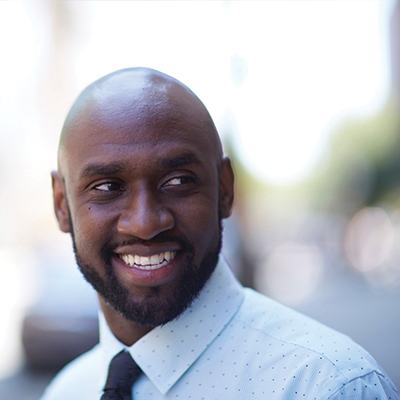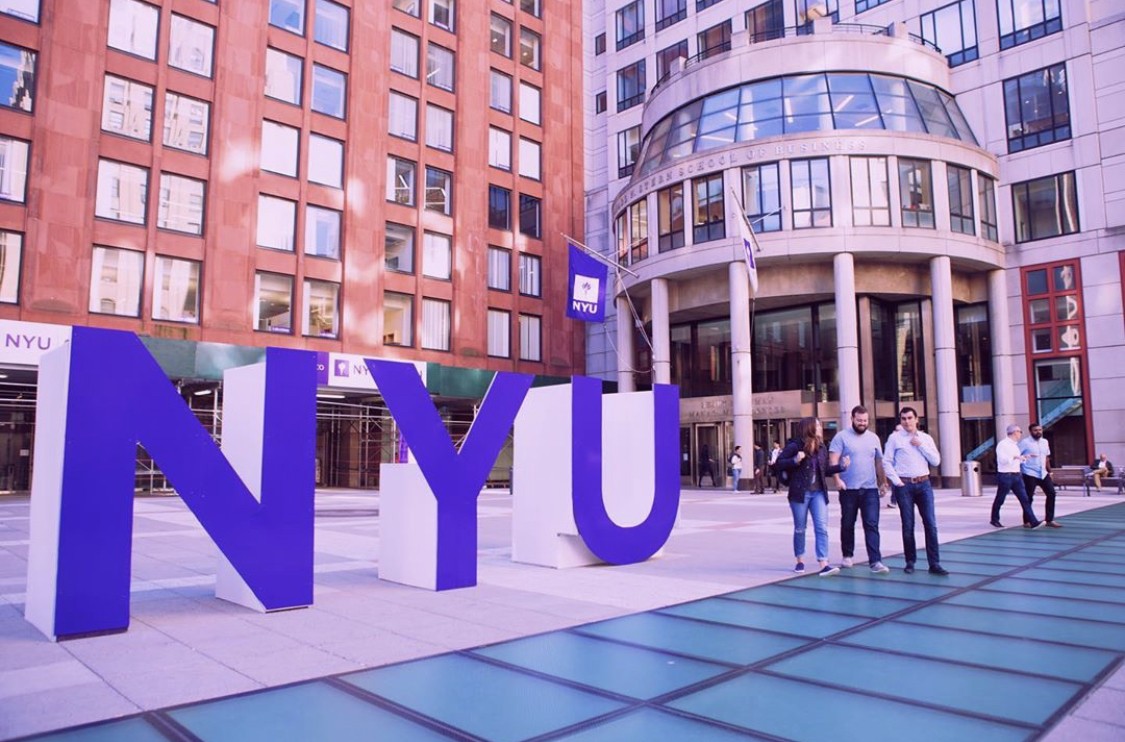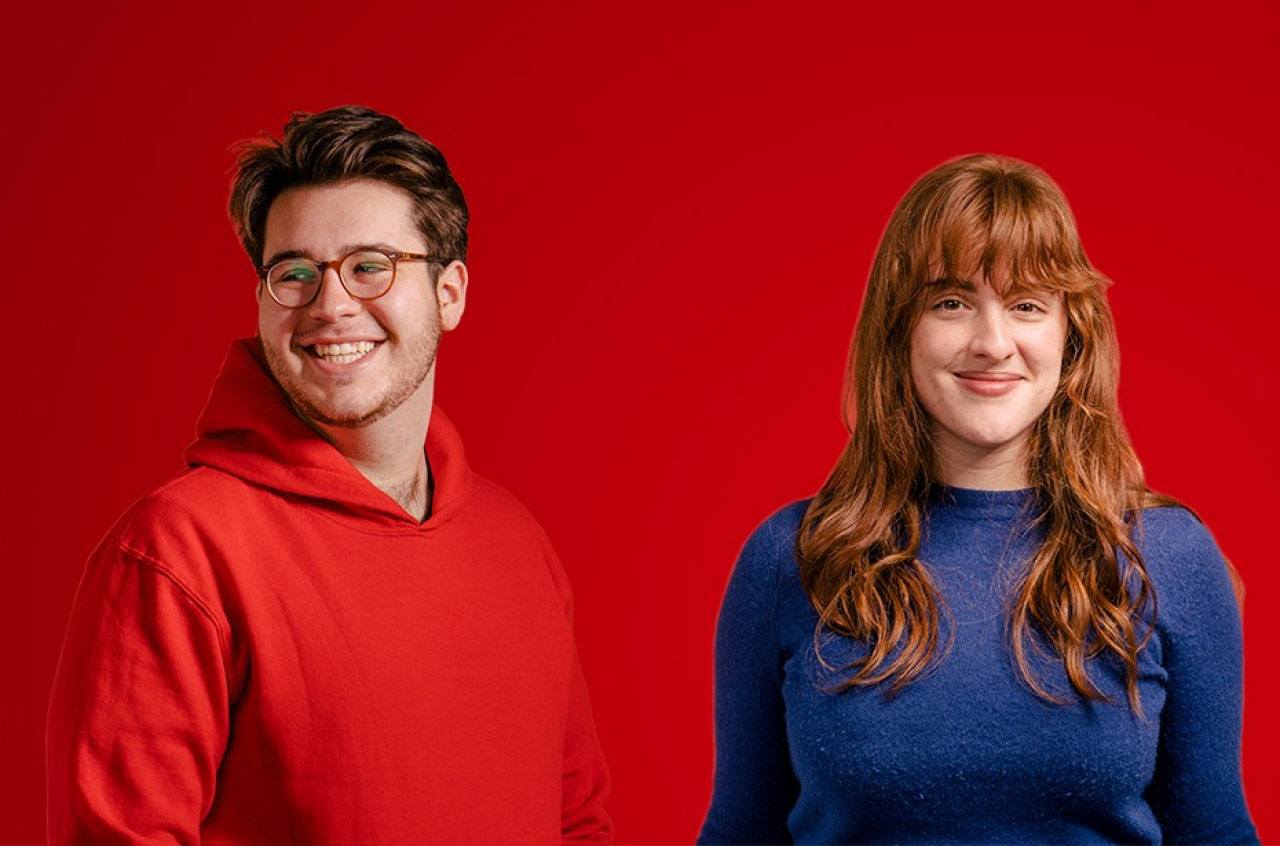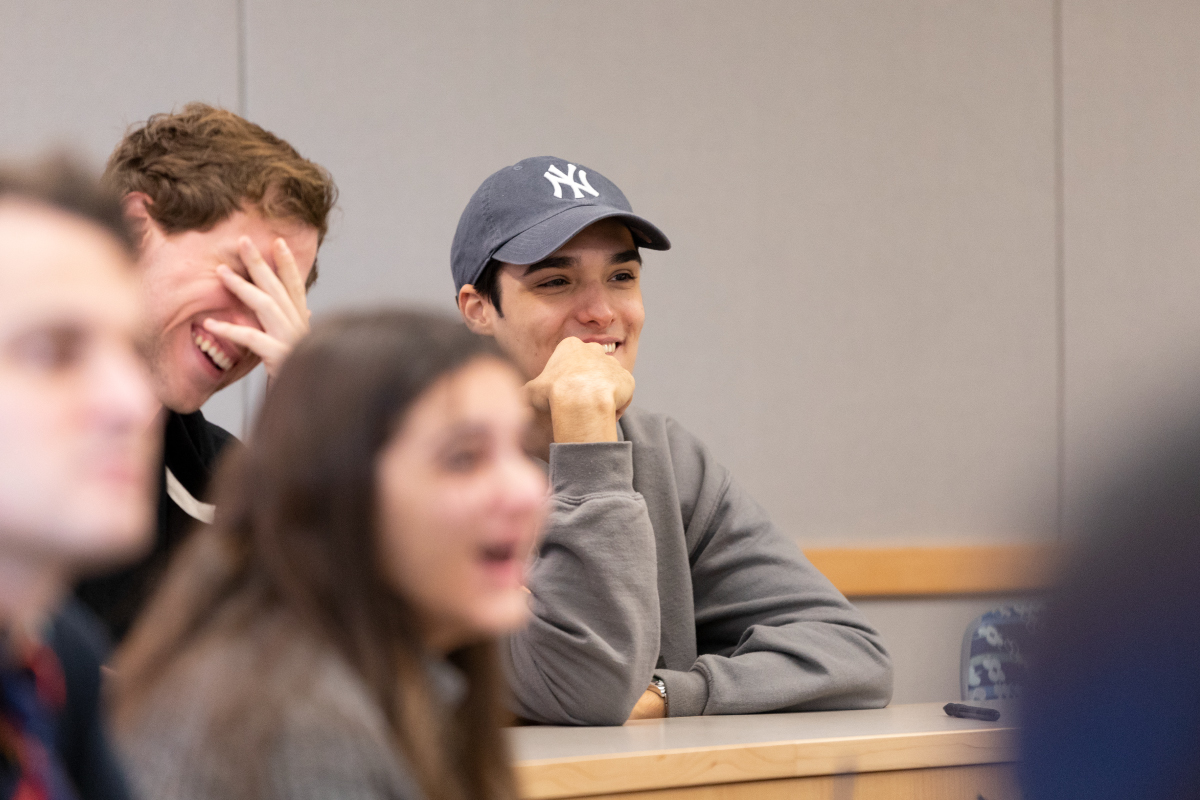Published April 08, 2020
Welcome Home: College Cohort Program
Congratulations are in order for NYU’s newly admitted Class of 2024! There’s so much excitement and for good reason! I am thrilled to be one of the first people to welcome you to the University Without Walls. It is also my distinct pleasure to introduce you to the College Cohort Program.
By now you know that NYU is pretty massive. We are a global university with three degree-granting campuses and 12 academic sites. In New York City, there are 10 undergraduate colleges and schools with academic programs. The College of Arts and Science (CAS) is the largest school! With 66 majors and 69 minors, it is the home of nearly 1,600 first-year students this fall.
I know what some of you are wondering: How big is too big? First of all, the large size has its benefits. For example, you have access to a wide array of diverse academic offerings and student perspectives. But it’s also important to make sure that its size isn’t overwhelming, which brings me back to the College Cohort Program!
College Cohort Program
So, what is the program? I’m so glad you asked! It’s one of the many ways a large college feels smaller and more personal. You can often hear NYU Admissions Ambassadors explaining that we are a community of microcommunities. The program is one of the microcommunities that helps CAS students find their social and academic footings. Many other opportunities to engage with the larger NYU community will stem from being in the cohort. Let’s further explore what that will look like for you.
Once your first semester begins, you’ll meet your cohort, which is composed of approximately 30 students. The Cohort Program will last your entire first year, so you’ll participate in two interdisciplinary seminars as a group. Your cohort will also include your academic adviser and college leader (a fellow CAS student). While fun is to be expected, there are four main purposes for your participation in a cohort. Your interactive sessions will:
1. Assist you in building community
The Cohort Program connects you to key people who will help you in your academic journey. Your academic adviser and college leader are at the top of that list but so are your fellow cohort members. Through them, you will find out the many ways you can build community at NYU.
2. Introduce you to resources
Bobst Library and subject and technical specialists. The CAS Writing Center and senior peer tutors. The Leslie Entrepreneurs Lab and start-up experts. These are just a few examples of the places and people waiting to help you achieve your academic goals.
3. Highlight skills for success
For some, studying for college courses will take quite a bit more time and effort than it did in high school. Therefore, time management and organization are among the top necessary skills for success.
4. Help you adjust to life in college and New York City
Real talk—this place is unique. In most cases, New York really is a city that never sleeps. Fun, busy, exciting, chaotic … all are words used to describe New York for good reason. So for most new students and residents, there’s a lot to learn and adjust to when moving to the city. But, you guessed it … the cohort assists with that too!
Additionally, your cohort sessions (held every other week) will help you explore diversity and intersectionality. NYU is arguably one of the most diverse college campuses and much of that diversity is represented in CAS.
Get ready to explore how academics and wellness go together. Interested in studying away? Yep, the Cohort Program covers that too! While you adjust to college life, you will also prepare to look ahead. Internships, career exploration, and student leadership roles are all on your cohort’s docket. Speaking of student leaders, you can meet some of the 2019–2020 college leaders here!



